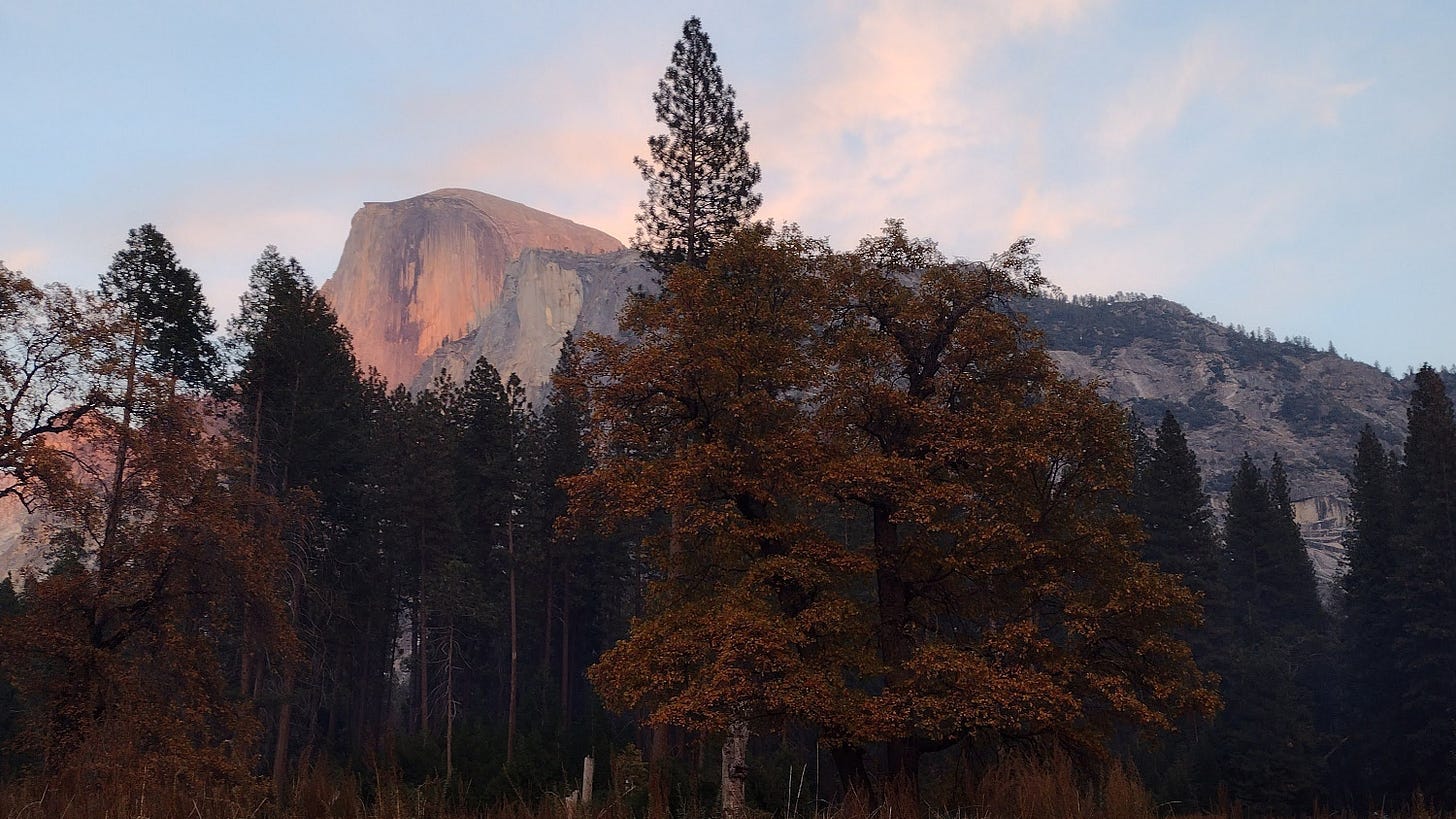Long ago, Sunday was my favorite day of the week. I loved Friday nights, when the whole family gathered for dinner and an evening of games or a movie, fun snacks, laughter. But I loved the rhythm of Sunday, with a cinnamon roll breakfast, bustling readiness for church, a day of friends and guests and familiar hymns.
There was Sunday school at 9.30; that went till 10.30, when we broke for coffee and muffins. The morning service was at 11 (readings, singing, prayer, sermon), and often went until 12.15. Everyone hung out and talked—some prepped lunch, to stay the whole afternoon—and others left for lunch at friends’ houses, followed by long conversations over coffee and dessert. Then we were back by 5 for the evening service (readings, singing, prayer, sermon), and hung out to talk and laugh until 8 or 9. Some people even took it back home again, for popcorn and pizza.
Church and my church community were the center of my (social) world. Though I was out of the house during the week for errands or trips, until college school primarily meant being home. Church was where I made my longest, strongest friendships; where I had my deepest conversations; where we created our silly in-jokes, and where we planned birthday parties, casual get-togethers, and our annual summer trip to Michigan (it’s true. I went to the lake every summer with two+ friends).
I also loved the service. We sang mostly traditional hymns, and there is something about group singing that still thrills me—the vibrance and harmony, the shared tradition and joining together in something larger than an individual. And truly, I also loved the preaching. My pastor was a great public speaker, so it was easy to enjoy listening; but I wanted to learn.
I loved the historical insight about the cultures of the text. I loved the symbols in the literature, and the literary exposition and connections. I loved learning about the doctrine and the structure of my faith, where it came from, what it meant, and how everything ultimately hung together in a perfect mythos of connected meaning and order. It was the best evidence for God (a God of order, 1 Cor 14.33), and I marveled at his plan and his power and his goodness—and delighted that he chose me. He put me where I could learn about these things, a paradise of intellectual thought that fed my mind and fit my personality so well. I loved it, and I was thankful.
So when the questions started coming, and I began to pull the threads of the theological sweater, I thought I’d unravel a cuff or maybe the bottom edging. I pulled at the loops I’d already crafted so carefully (“What is the Sabbath?”), which led to others (“How does unity work?”), and as I pulled (“But what are the implications of total depravity?”) the thread began to undo the main structure of the sweater—what is hell? What do the atonement theories indicate? How do we bear responsibility? What is love? Why is the world? Who is God? and I find myself sitting amid the pile of yarn, aghast. Afraid of the cold. I need a sweater; this was my warmth. What is next?
Knitting the first took my whole life. I wrapped myself in it when the seasons turned chilly. In the middle of the coldest season of my life, I find myself without a sweater. Am I cold because it’s cold, or because I don’t have a sweater? I’m overwhelmed by the idea of knitting a new one. I’m not even sure it’s worthwhile yarn.
I don’t know what I believe. Certainty became pain, when the sturdiest structures I once leaned on refused to hold. Confidence now feels dangerous—but uncertainty is unsustainable.
“The Sea of Faith / was once, too, at the full,” wrote Matthew Arnold,
and round earth’s shore
lay like the folds of a bright girdle furled.
But now I only hear its melancholy, long, withdrawing roar,
retreating, to the breath
of the night-wind, down the vast edges drear
and naked shingles of the world.
I was in Yosemite Valley a week ago. I stood and watched the late afternoon sun strike Half Dome, saw the valley drop into deep purple shadow, with the rich blue sky changing to burning orange and red. There was no compulsion to see ‘something living in every hue’ that pitiable unsaved others could not (a lyric that always left me feeling like a fraud, anyway). For perhaps the first time in my life, I was free to enjoy my senses without making it a spiritual experience. I could look and breathe and be, and it didn’t have to be about God to make it good. That freedom tasted like joy.
It’s been such a year and more of personal upheaval that I feel mostly grief, all through my body, and I do not have the capacity for Sunday intellectualism. Who am I, and where am I going is a saturating presence all throughout my being, heavy like the winter rains. “We are here as on a darkling plain, / swept with confused alarms of struggle and flight.” It is time to sink for a while into the dark, earthy embrace of grief, its death and its silence.
So I practice quiet, and I love Sundays now, too: for their peace and refreshment. For their slow coffee and river walks. For the incense and Evensong. For the meetings with friends and the reading that fills my soul. I am taking small steps, giving myself space, letting my lungs fill with breath and allowing the journey to be: whatever faith, however God.
Sundays ground me in the hope that the seasons pass. I will be richer and fuller for the time of rest.



